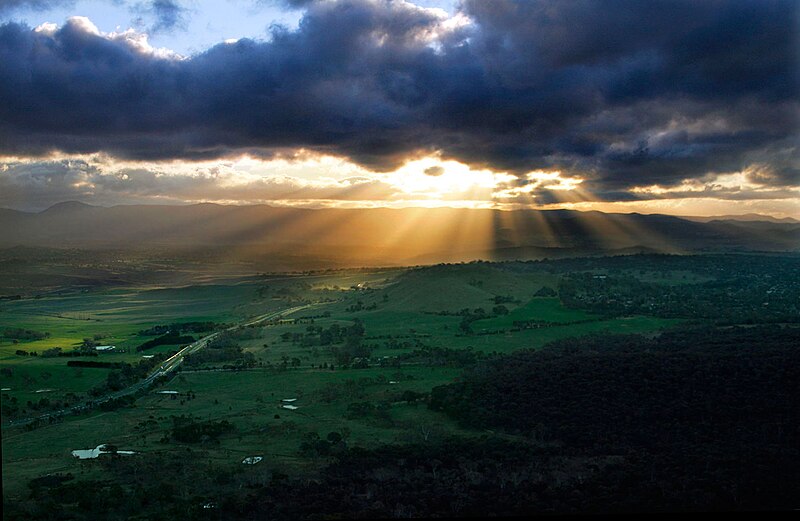
Last week, I voted for the first time in the European election. (For those not familiar with the EU electoral system, voting is granted on residency rather than nationality, so although I have only a Canadian passport, I am still able to vote.)

The results are out. I have yet to make heads or tails of the
overall results. Since each of the 27 member countries fields its own parties, the resulting body is inevitably a jambalaya of different interests.
But at the national level, one can get a fair idea of what any given country has fielded. The
UK results are troubling in two ways.
First - a topic I've
complained about before - only about a third of the eligible electorate turned out. In a country with almost 50 million eligible voters, only 15 million of us bothered to participate. There are sometimes good reasons not to vote - medical emergencies, natural disasters, and the like - but a good many of those who don't vote had bad reasons. Couldn't be bothered to vote. Didn't think it would make a difference. Hadn't read up on the issues. Not interested in politics.
Though it may lose me the title of "friendly" humanist, I have to say that all of those are pathetic excuses. Democracy is not something that other people give us, as some kind of birthright. It's something we must continually exercise. It is all too easy to lose. Look at the Belgians and the Luxembourghers - they had a 91% turnout!
Second, I am frankly embarrassed at the representation that my fellow British voters chose.
A quarter of a million Britons supported the joint ticket
Christian Party and
Christian People's Alliance. I have nothing against people believing what they like, and living their own lives in accordance with their beliefs, but these parties' platforms are fully oriented toward establishing a theocracy. I guess the lessons of Britain's history of state-sponsored religion are lost on some people. (
Catholic-Protestant violence
both ways,
the persecution of the Covenanters, and probably others I haven't yet learned of.)
Fortunately, the Christian parties fell short of enough votes to send a single candidate to the European Parliament.
More appalling is the fact that the
British National Party 2 seats. This is an openly racist, xenophobic party. (Membership is open only to whites, for example.) And almost a million British voters thought they would make the best representatives in Europe. Scary.
I'm also disturbed that
UK Independence Party got 13 seats. While they are not as scary as the BNP (they even make a point of saying they're not racist), their policies tend toward the unrealistically insular "Britain for British", "cut all immigration" sentiment, which sets off warning bells for me. And they got the 2nd most votes of all UK parties in this election, with 2.5 million.
I don't fully understand the EU, and I have strong reservations about some of its influence, but xenophobia is not a helpful reaction. (I need to acknowledge, though, that my opinions are those of a Canadian working in Britain. In addition, academia seems to have more international representation than almost any other employment sector.)
Having said all that, I do want to point out that, if my neighbours really want to vote for these people, then these people should be their representatives.
That's democracy for you.
Even when I hate how someone exercises their power, denying them that power is not an appropriate response. (You know the
Belgians and
Luxembourghians I praised earlier? Each country sent 3 representatives from its dominant Christian political party. I'm far more encouraged at the turnout than discouraged at the religious sentiment.)
Until they cross the line and start undermining the freedoms that democracy relies on - like freedom of expression and of conscience, and basic human rights. Which I suspect fringe groups like the BNP and the pro-theocracy crowd might do, given the chance.
Honestly: for the most part, this is a great country. But sometimes its people make my head spin.
Image credits:
EU flag image from Wikimedia Commons, multiple authors (see linked page). Public domain.
Jambalaya image from Wikimedia Commons, copyright Cliff Hutson. Licenced under the GNU Free Documentation License and the Creative Commons Attribution-ShareAlike license.

















